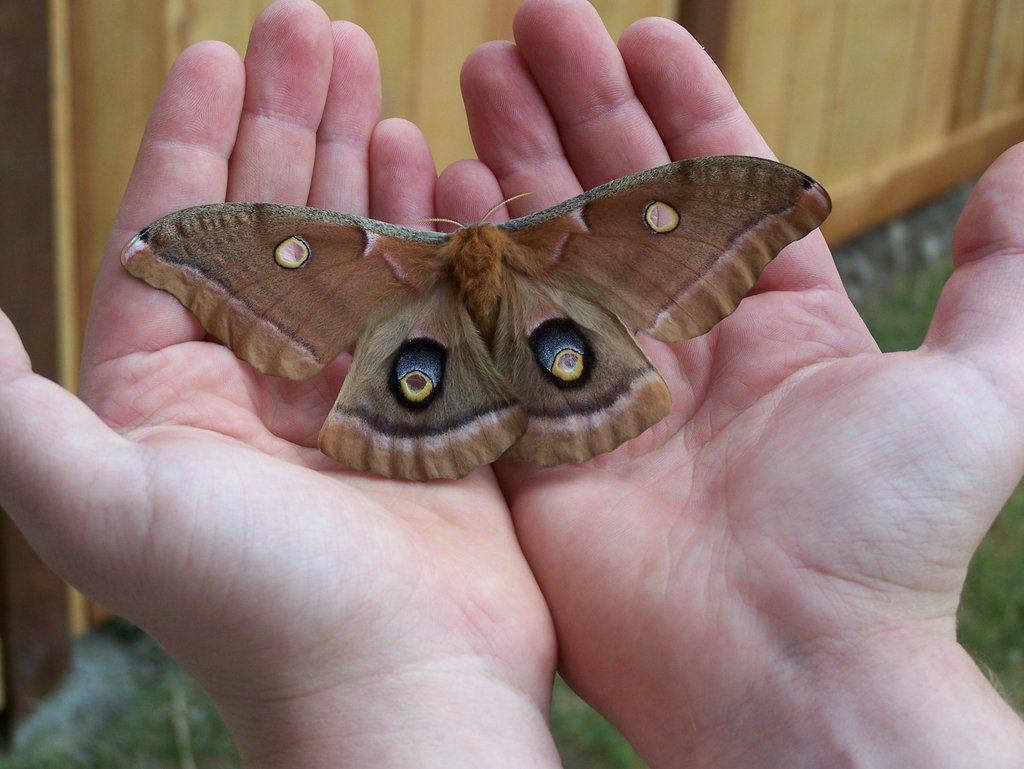It was found out that caterpillars of the big moth can decompose plastic packages. The results of their research were published in the journal “Current Biology”. “Such discovery will focus on ridding of the huge amount of garbage that compiles in landfill wastes and in the big Seas”, said one of the authors of the study, Professor of the University of Cambridge Paolo Bombelli. Polyethylene poses a serious threat for the environment as it slowly dissolves under natural variations.
Scientists made the discovery accidentally. One of the researcher – biologist Federica Bertaccini, being interested in beekeeping, once found in beehives the maggots of big moth – butterfly pest, known as “Galleria mellonella” in Latin language. Bertaccini compiled caterpillars in a plastic package, but later she found that the package was gnawed and the caterpillars were crawling around the room.
Bertaccini and her co-workers from the University of Cambridge did an experiment by putting several hundred caterpillars in plastic packages, taken from the grocery store. Forty minutes later, the scholars saw the first hole, and after twelve hours the caterpillars have decomposed ninety-two milligrams of polyethylene.
Next experiments proved that caterpillars can completely digest the polyethylene. Such kinds of caterpillars eat wax and this fact caused for supposing that they develop the ability to process polyethylene. Later, researchers expect to isolate the substance that gives the desired effect, and then to synthesize it artificially. “It is impossible to breed millions of the caterpillars, decomposing plastic packages”, explained Bertacchini.

